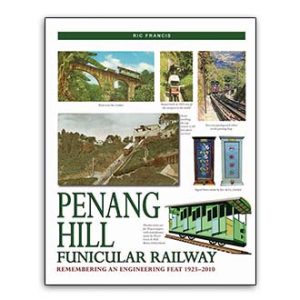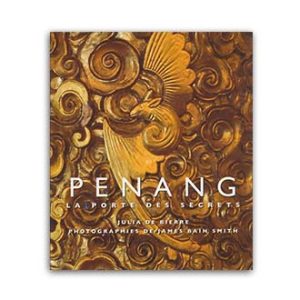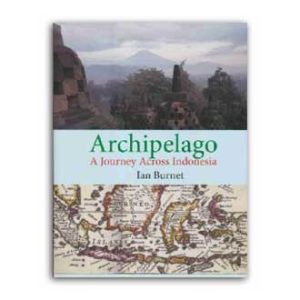Based on a long-term ethnographic study, the new edition of this book provides a comprehensive description of Baba culture and identity in Melaka, Malaysia. Tan Chee-Beng’s landmark study analyses the term Baba, the development of Baba society, their distribution in Melaka and overt features of identity, the Baba Malay dialect, customs and religion, kinship and social interactions – all of which tie in to changes in Baba identity.
By discussing cultural change and ethnic identification of a Chinese Peranakan community in Malaysia, the reader can gain a more complete understanding of this unique minority group within a minority in a rapidly changing Malaysian context.
“. . . The fullest and most comprehensive ethnography of the Baba community in Malaysia. . . . The author is a meticulous ethnographer, and provides three chapters of richly detailed information on Baba kinship and marriage practices, ancestor worship, Chinese folk religion and festivals and a variety of Baba social patterns and organizations. . . . This is certainly a necessary and pleasurable reading materials for scholars of Malaysia, and for those interested in ethnicity more generally.” Professor Judith Nagata, Pacific Affairs 62(2), 1989.
————-
Tan Chee-Beng (Ph.D., Cornell University) has taught at the University of Singapore, University of Malaya and the Chinese University of Hong Kong. His major publications include, as author, Chinese Religion in Malaysia: Temples and Communities (2018), Chinese Overseas: Comparative Cultural Issues (2004), The Baba of Melaka (1988); as editor, After Migration and Religious Affiliation (2015), Routledge Handbook of the Chinese Overseas (2013), Chinese Food and Foodways in Southeast Asia and Beyond (2011), Chinese Transnational Networks (2007) and Southern Fujian: Reproduction of Traditions in Post-Mao China (2006).







